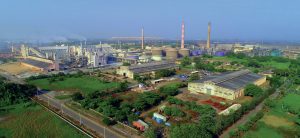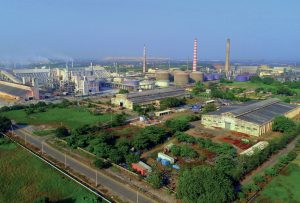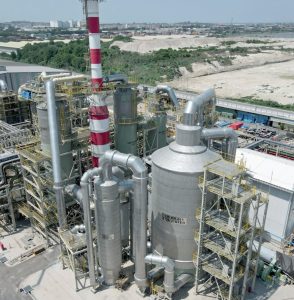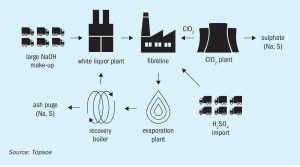
Feasibility study on copper expansion project
BHP has awarded a significant engineering, procurement, and construction management (EPCM) contract to a joint venture between Fluor Australia Pty Ltd and Hatch Pty Ltd. The A$40 million contract is for the first phase of the proposed expansion of BHP's copper smelter and refinery facilities in South Australia, as the company moves towards a final investment decision on the smelter and refinery expansion, currently anticipated in the first half of FY27. The initial stage focuses on strategic planning and development during the project's study phases. Subsequent stages will cover detailed engineering, procurement, and construction management as the project advances.







